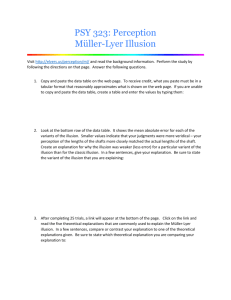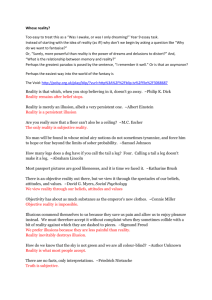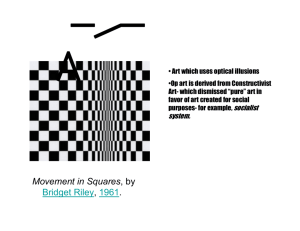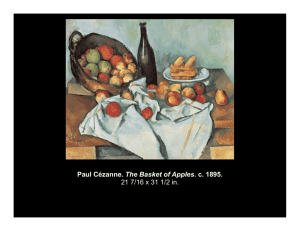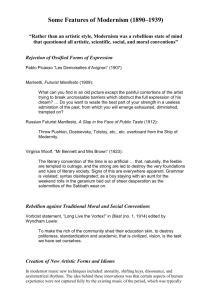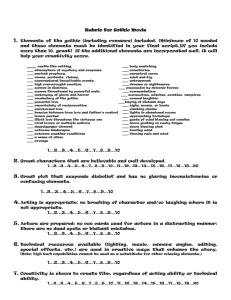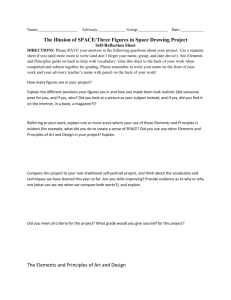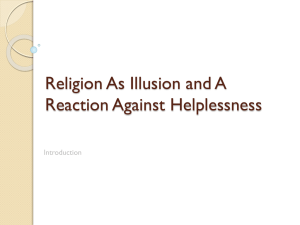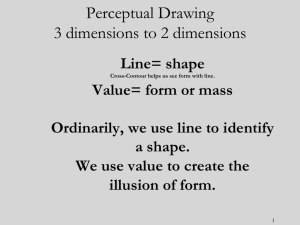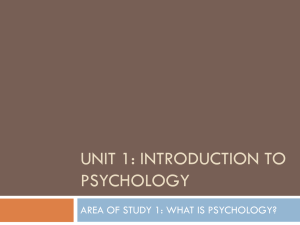Is the Illusion of Control an illusion? “Illusion of Control” (IOC) is
advertisement
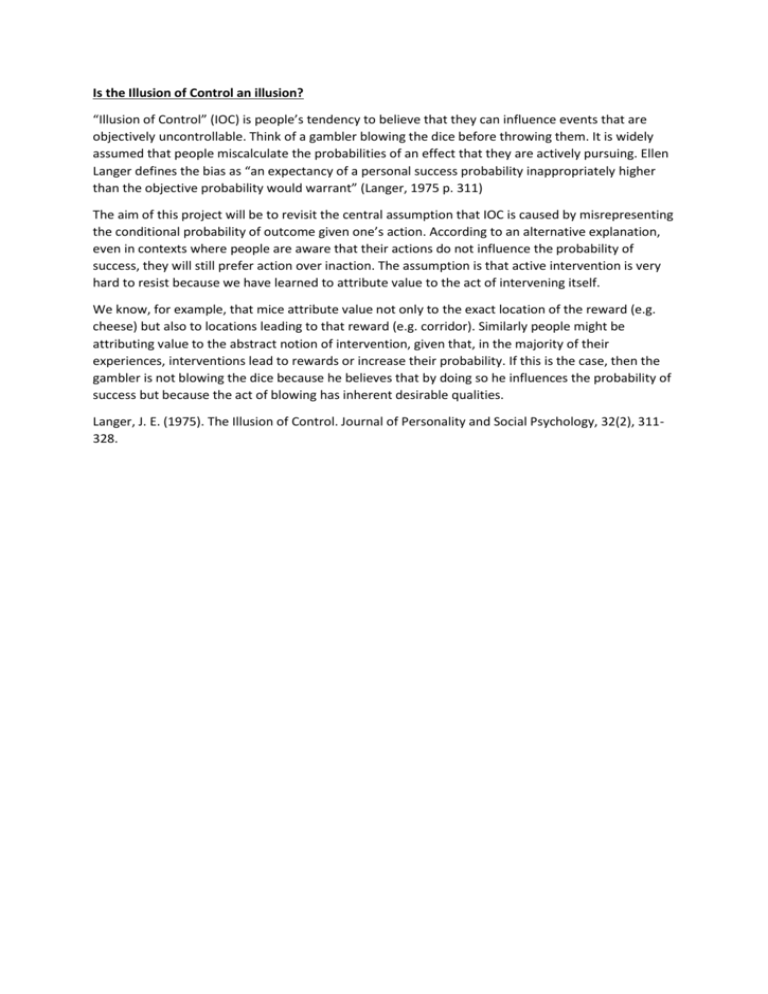
Is the Illusion of Control an illusion? “Illusion of Control” (IOC) is people’s tendency to believe that they can influence events that are objectively uncontrollable. Think of a gambler blowing the dice before throwing them. It is widely assumed that people miscalculate the probabilities of an effect that they are actively pursuing. Ellen Langer defines the bias as “an expectancy of a personal success probability inappropriately higher than the objective probability would warrant” (Langer, 1975 p. 311) The aim of this project will be to revisit the central assumption that IOC is caused by misrepresenting the conditional probability of outcome given one’s action. According to an alternative explanation, even in contexts where people are aware that their actions do not influence the probability of success, they will still prefer action over inaction. The assumption is that active intervention is very hard to resist because we have learned to attribute value to the act of intervening itself. We know, for example, that mice attribute value not only to the exact location of the reward (e.g. cheese) but also to locations leading to that reward (e.g. corridor). Similarly people might be attributing value to the abstract notion of intervention, given that, in the majority of their experiences, interventions lead to rewards or increase their probability. If this is the case, then the gambler is not blowing the dice because he believes that by doing so he influences the probability of success but because the act of blowing has inherent desirable qualities. Langer, J. E. (1975). The Illusion of Control. Journal of Personality and Social Psychology, 32(2), 311328.
